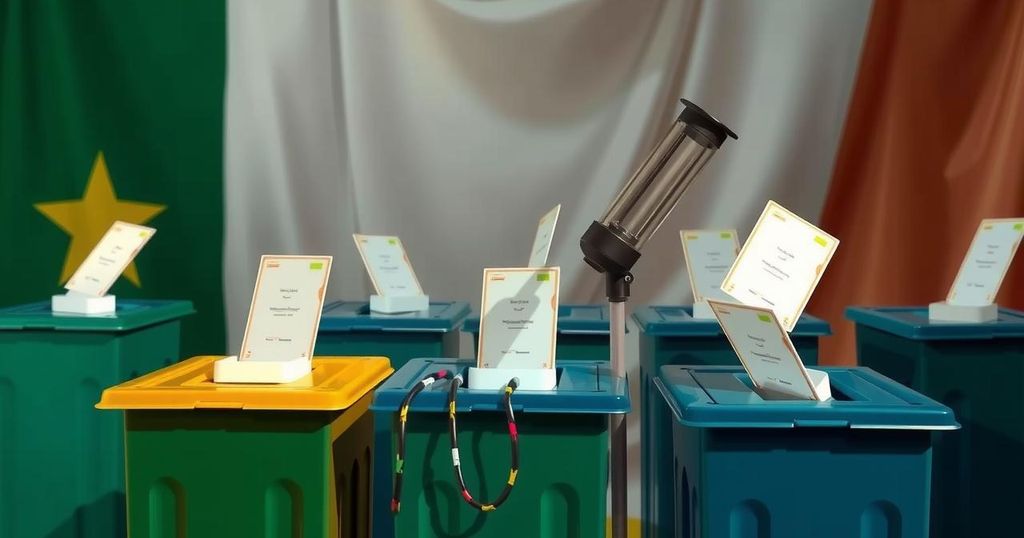President Umaro Sissoco Embalo Postpones Elections Indefinitely in Guinea Bissau

Guinea Bissau’s President Umaro Sissoco Embalo has indefinitely postponed legislative elections scheduled for November 24, 2023, extending political instability in the nation. The decision follows logistical and financial challenges. The PAIGC coalition holds an absolute parliamentary majority, complicating Embalo’s governance. The situation reflects the broader issues of corruption and instability in one of the world’s poorest countries.
On Monday, President Umaro Sissoco Embalo of Guinea Bissau formally announced the indefinite postponement of the legislative elections originally scheduled for November 24, 2023. This decision extends the political instability that has long affected the impoverished West African nation. Having previously dissolved parliament in December 2023 following armed clashes he labeled an attempted coup, Embalo had set the vote date to restore order. However, logistical challenges and financial constraints led to widening speculation about the elections being delayed, a concern echoed by Aristides Ocante da Silva, the minister for territorial administration, on November 1. In a press briefing, Fernando Delfim da Silva, Embalo’s political adviser, revealed that the presidential decree establishing the election date was officially rescinded on Monday. While the postponement generates further uncertainty surrounding Embalo’s presidential term renewal, it coincides with ongoing tensions between the president and the coalition led by the African Party for the Independence of Guinea and Cape Verde (PAIGC), which holds a parliamentary majority. Guinea Bissau, one of the world’s poorest countries, has long battled political volatility, marked by a history of coups and corruption following its independence from Portugal. Despite striving to achieve constitutional stability in the last decade, the nation continues to grapple with political chaos as Embalo’s current term remains contentious amid the absence of a new election timeline. The political climate remains tumultuous, complicating efforts to stabilize governance and address urgent socio-economic needs. The indefinite suspension of the elections reflects a broader pattern of instability and governance challenges in Guinea Bissau, raising concerns about the future of democratic structures within the country.
Guinea Bissau has faced persistent political instability since its independence in 1974, marked by frequent coups and corruption. The country is considered one of the poorest globally, dealing with economic hardships that impede the government’s ability to organize and fund elections. President Umaro Sissoco Embalo, who came into power in December 2019, has encountered ongoing political challenges, particularly from the PAIGC, which controls parliamentary power, complicating his rule. The suspension of the upcoming elections underscores the need for reforms and stability in the nation’s political landscape.
In summary, President Umaro Sissoco Embalo’s postponement of the legislative elections in Guinea Bissau underscores the ongoing political turbulence that has beleaguered the nation. This decision reflects serious logistical and financial hurdles that pose significant challenges to democracy in this impoverished country. As uncertainties linger regarding future elections and the political landscape, the need for effective governance and reform is more critical than ever.
Original Source: punchng.com







